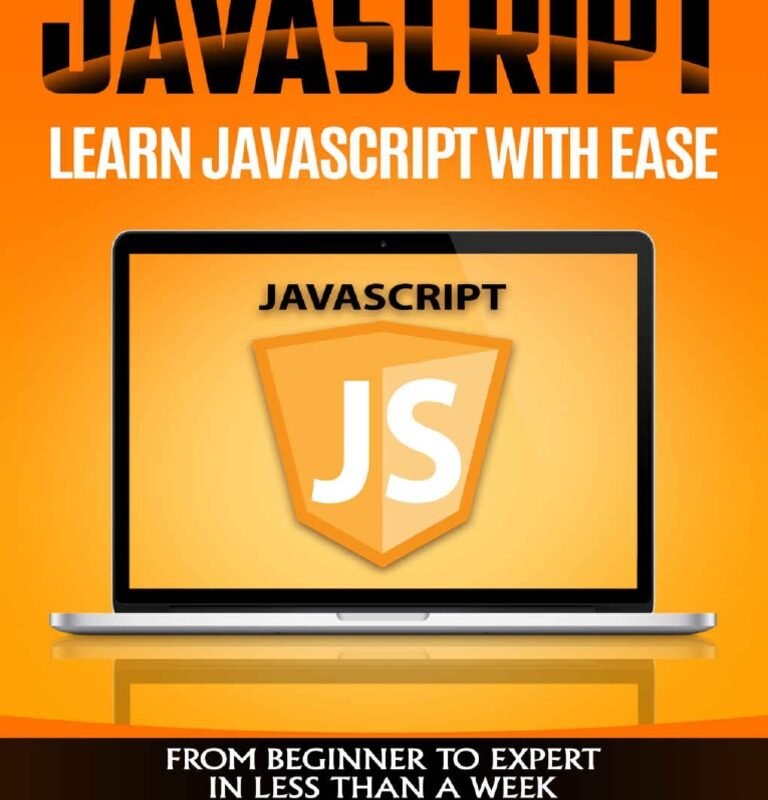 coding-basics">coding-languages">coding-projects">coding-tools">coding Tips for beginners">
coding-basics">coding-languages">coding-projects">coding-tools">coding Tips for beginners">
JavaScript Coding Tips for Beginners: Level Up Your Skills Today
JavaScript has become one of the most popular programming languages, driving interactive elements and dynamics across web-development">websites and applications. For those just starting their JavaScript journey, grasping fundamental coding techniques is critical to building achievementful projects. Learning JavaScript’s nuances can be challenging, but with the right approach, you can become proficient quickly. This article presents 15 valuable tips to help you refine your coding practices, offering you a stepping stone to master JavaScript programming. Whether you’re a complete beginner or have some experience, these tips will offer you with practical insights and improve your coding skills.
This article breaks down these essential coding tips into manageable sections, making learning more effective and engaging. Each section explores specific facets, from optimizing code to handling common errors, equipping you with hands-on guidance to ensure a clear understanding.
We will delve into areas like effective code structure, debugging strategies, variable management, and crucial data types in JavaScript, all presented in a way that’s accessible and easy to understand for beginners.
Mastering JavaScript Variables: The Foundation of Your Programs
Understanding Variable Types and Scope
Variables are the backbone of JavaScript programming, holding data that your programs manipulate. Understanding varied variable types is essential, as each type has specific characteristics that influence how your code functions. JavaScript variables can be categorized into primitive data types, like numbers, strings, and booleans, and complex types, such as arrays or objects, each serving a distinct purpose.
Variable Naming Conventions and optimal Practices
Choosing descriptive and meaningful variable names is crucial for readability and maintainability. Consistent naming conventions across your project will enhance code clarity and help you, or others, understand the purpose of varied variables in your code.
Handling Variable Scope
Understanding variable scope—where a variable is accessible within your code—is vital for preventing unexpected behavior. Proper scoping ensures that variables are only utilized where intended, reducing potential conflicts and errors. Using var, let, and const for varied variable declarations can improve your code’s efficiency by limiting the scope of the variables to the specific part of your code.
Writing Clean and Readable JavaScript
The Importance of Code Comments
Adding comments to your JavaScript code is essential for maintainability. Comments explain the code logic, purpose, or critical considerations. Comments help future you—or other developers—to understand your code more quickly, and make changes with ease.
Consistent Formatting and Indentation
Consistent formatting and indentation contribute significantly to code readability. Clear structure makes the code’s logic more apparent and reduces debugging time. Following consistent formatting makes your code easier to read, improving overall code quality.
Using Concise and Efficient Expressions
Exploring concise and efficient expressions is an excellent way to improve your code. Using concise and efficient expressions can improve performance and readability. JavaScript offers techniques for shortening code, which enhance elegance and efficiency.
Debugging Your JavaScript Code
determineing and Fixing Common Errors
JavaScript errors—like syntax errors, runtime errors, or logic errors—are part of the development process. Mastering the art of determineing and fixing these errors is crucial for any programmer. Learn to effectively pinpoint errors, and use debugging tools effectively.
Utilizing Debugging Tools and Techniques
Leveraging debugging tools offers in-depth insights into your code’s execution flow. These tools allow you to inspect variable values, step through your code line by line, and determine the source of errors swiftly. Mastering these tools helps reduce debugging time. These tools are essential for any coder to work more effectively and efficiently.
Understanding Error Messages
Analyzing error messages is crucial to resolving coding issues effectively. The error messages offer valuable clues regarding the nature of the problem. Understanding these messages allows you to fix the underlying issue efficiently and quickly.
Optimizing JavaScript Performance
Choosing Efficient Algorithms
Choosing suitable algorithms significantly impacts performance, especially for computationally intensive tasks. Understanding and implementing efficient algorithms—whether it is sorting or searching—directly translates to performance gains. Choosing the right algorithm directly affects the efficiency of the application.
Minimizing Repetitive Operations
determineing and minimizing redundant operations is crucial for code optimization. Avoid repeating similar blocks of code, and make your application efficient with clear, concise, and direct commands.
Utilizing Caching Techniques
Caching techniques significantly enhance application performance by storing frequently accessed data. Employing these techniques reduces redundant calls to external resources or database interactions, saving considerable time. This directly translates into a more efficient and user-friendly experience.
Advanced JavaScript ideas
Understanding Promises and Async/Await
Promises and async/await are invaluable for handling asynchronous operations, like fetching data from a server. Async functions make your code more readable and easier to maintain, allowing for a smoother and more understandable approach.
Working with Modules in JavaScript
Modular code architecture allows for better organization and maintainability of large applications. Modules are fundamental in modern JavaScript development. Using modules promotes better organizational structure and clear separation of concerns.
Leveraging JavaScript Libraries and Frameworks
JavaScript libraries and frameworks can simplify development by providing pre-built components and functionalities. Libraries and frameworks can accelerate development and add attributes to your application more quickly.
In conclusion, mastering these 15 JavaScript coding tips will significantly boost your programming skills and pave the way for creating more efficient and robust applications. Embrace the power of JavaScript, and don’t hesitate to experiment and practice these techniques. This will elevate your understanding and allow you to tackle complex challenges with greater confidence. Ready to take your JavaScript programming to the next level? Explore more advanced topics and continue learning! Check out online courses and communities for more resources to further enhance your knowledge.
